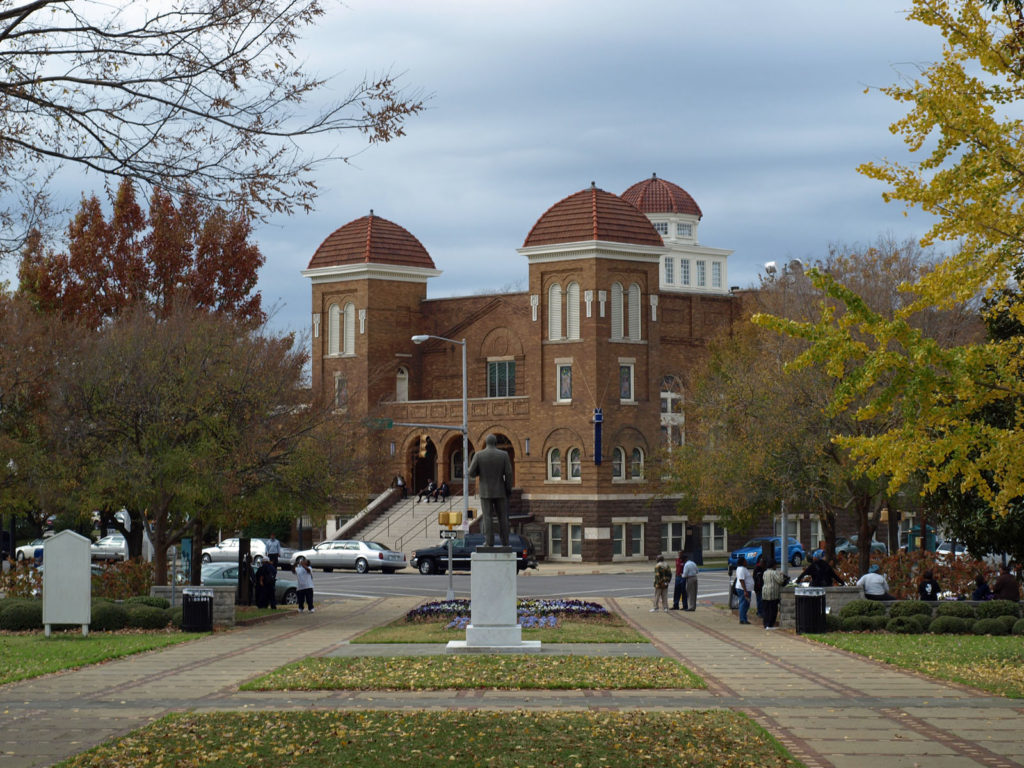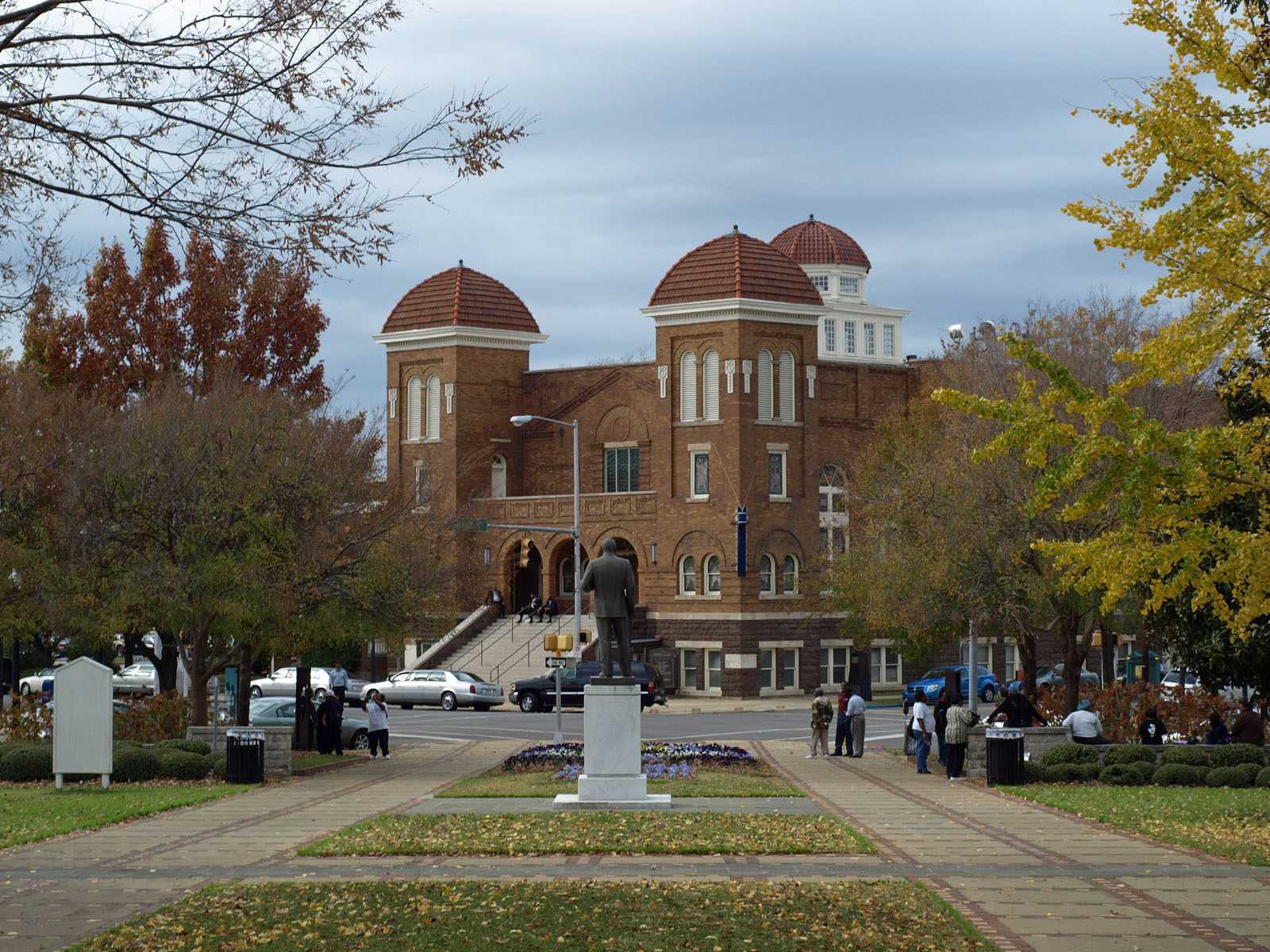By Monique Jones
The Birmingham Times

The Birmingham Civil Rights Institute and the Sixteenth Street Baptist Church are among the 39 historical and preservation projects in 20 states receiving grants from the National Park Service (NPS).
The grants, totaling $7,750,000, have been allocated by the NPS to preserve sites associated with the Civil Rights Movement.
The Anniston Freedom Riders Monument in Anniston, Ala. and Brown Chapel AME Church in Selma, Ala. are also selected to receive funding.
The Sixteenth Street Baptist Church will receive $500,000 for building preservation, repairs, and restoration. The Birmingham Civil Rights Institute will receive $47,003 for its Preservation Leadership Training program at the A.G. Gaston Motel.
A grant of $469,375 was awarded to the city of Anniston for the upkeep of the Freedom Riders Monument. Selma’s Historic Brown Chapel AME Preservation Society will use a grant of $500,000 to address the church’s structural, electrical and roofing needs.
The funding is a part of the African American Civil Rights Grant Program, created in 2016, to document and preserve sites and stories pertaining to the African American experience in the 20th century. States, tribes, local governments and non-profit organizations including Historically Black Colleges and Universities applied for grants from the program.
“Through the African American Civil Rights Grant Program, we’re helping our public and private partners tell unique and powerful stories of the African American struggle for equality in the 20th Century,” said National Park Service Acting Director Michael Reynolds, according to the NPS press release.
The NPS’ 2008 study, Civil Rights in America: A Framework for Identifying Significant Sites, acted as the key reference point for determining the eligibility of proposed projects, including documentation, surveys, interpretation, education, oral histories, planning and building preservation.
The funds for the grant program were appropriated through the Historic Preservation Fund (HPF), which uses revenue from federal oil leases on the Outer Continental Shelf to support projects without using tax dollars.




